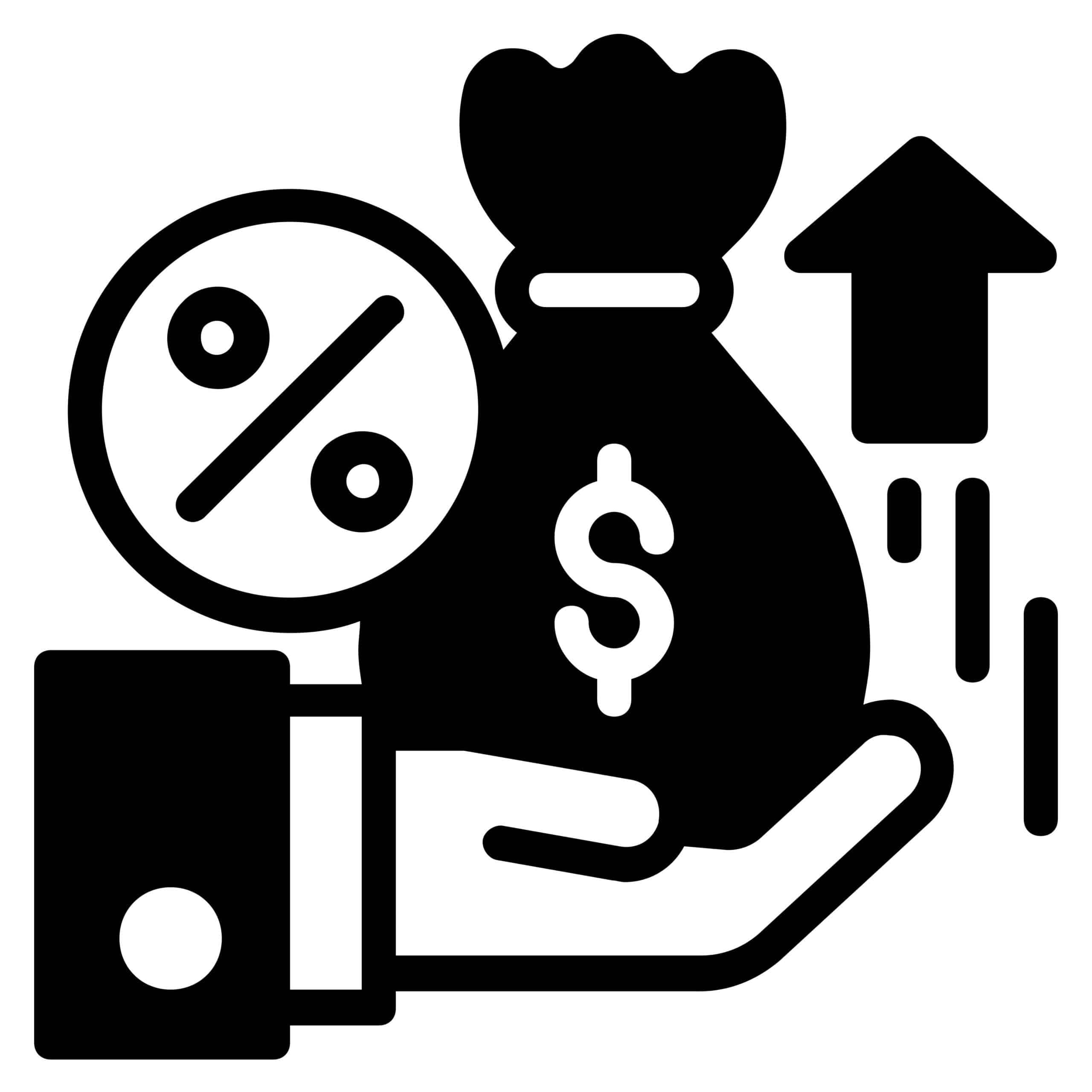
Are you considering an insurance career path? If you are, you may have wondered how to get paid as an insurance agent.
You can make money as a life insurance agent in many ways. If you work for a company, you usually will take home a salary. As part of an insurance company, you might also share profits with other agents.
All of these methods of remuneration are available for you. However, if you want to make bigger bucks, you should work with commissions.
Commissions allow you to make more money on top of what you make as a firm’s insurance agent, whether you’re an agent for a firm or an independent insurance agent.
How do commissions work in insurance? Read on to learn the answer to this question and more.
What Is a Commission in Insurance?
In the context of insurance, a commission is any additional money paid to an agent for the sale of an insurance policy. The exact amount and calculation vary. However, all commission amounts are percentages of an insurance policy’s value.
A commission payment structure is different from that of a salary. With a salary, an agent receives a fixed amount pre-determined by the insurance company regardless of sales performance. On the other hand, commission profits are predicated heavily on the number of policies an agent sold.
In short, agents on commission make money based on the number of policies they sell. The more the agent sells, the higher their commissions are.

The Two Types of Commission Structures
When you begin as an insurance agent, the company or provider you work for will commission you in two ways. How you receive commissions depends on the company’s commission structure.
A commission structure determines how much profit you’ll make and how you’ll make said profit. In insurance, there are two types of commission structures.
Let’s discuss both in greater detail.
1. Upfront Commission
Upfront commission structures are more common for providers that offer annuities and life insurance. An upfront commission structure pays the agent a lump sum percentage from the policy you have sold. The lump sum amount is a percentage of the policy’s premium at the moment of the sale.
The company you work for determines the upfront commissions for each policy you sell. Here’s an example of how an upfront commission structure works.
Imagine a situation where you just sold a life insurance policy with a premium amounting to $5000. Your company entitles you, the agent, to an upfront commission of 40%. For making the sale, your upfront commission amounts to $200.
However, your commission doesn’t stop there. You can also profit if your client renews with you, but you will receive a lower percentage.
2. Residual Commission
A residual commission is a standard structure if you sell auto or personal injury protection (PIP) insurance. Under a residual commission structure, you receive a percentage of the premium paid at the time of the sale and the monthly premiums.
Residual commissions are generally smaller than upfront commissions. However, you receive the commissions over a more extended period, giving you a steady income stream as long as your policyholder stays on the books.
For example, if you sell a policy for $500 a month, you’ll receive a monthly commission. Continuing with this example’s sake, let’s set the residual commission percentage at 10%. The commission breakdown would be $50 each month your policyholder pays the premium on the policy you sold.
Benefits and Drawbacks of Making Money on Commission
Like any mode of income, there are pros and cons to making money on commission. Let’s start with the benefits.
One of the benefits of making money on commission is that your profit margin goes up proportional to your sales performance and client retention. In other words, you make more money by selling more insurance policies — something you can’t do if you worked solely on a salary basis.
Unfortunately, the benefit of commission-based compensation is also a drawback for some agents. After all, insurance is a sales game, and it isn’t every day that an agent can sell insurance to a buyer. As a result, there may be stretches within a year when an agent takes home little to no profit.
Sell Like a Pro and Watch Your Commissions Grow with Our Agent Builder Program
Insurance is a numbers game for any agent. How you sell can mean the difference between commissions and profit droughts.
The competitive edge to your sales game is a click away.
Our Agency Builder Program supports you with everything you need to build your network and gain confidence as an agent.
Check out our Agency Builder Program and take your insurance sales game to the next level!

FAQs
Hopefully, you have a better understanding of the way commissions work in insurance. However, you might have other questions. Here are a few common concerns that new insurance agents ask.
What is a commission in insurance?
A commission is any amount of money an agent receives to sell an insurance policy and keep the policyholder on the books. It is determined based on the policy offered and the value of the policy’s premium.
What is a good commission rate for insurance sales?
“Good” is a relative term. However, we’ll assume that you mean a commission rate that’s within the ranges set by state insurance departments. At the very least, expect commission rates to fall within 2% to 10% of a policy’s premium.
These rates can go up to 30% to 90% of a policy’s premium you sell life insurance and work as an independent agent.
Which insurance company pays the highest commissions?
Many companies offer competitive commissions for life insurance agents and brokers. However, we’ll make the search easy for you by giving you a tip:
Choose any insurance company that offers life insurance.
Life insurance gives agents the highest commissions of any insurance policy. So if you’re looking for a company to work for, check if it offers life insurance.
